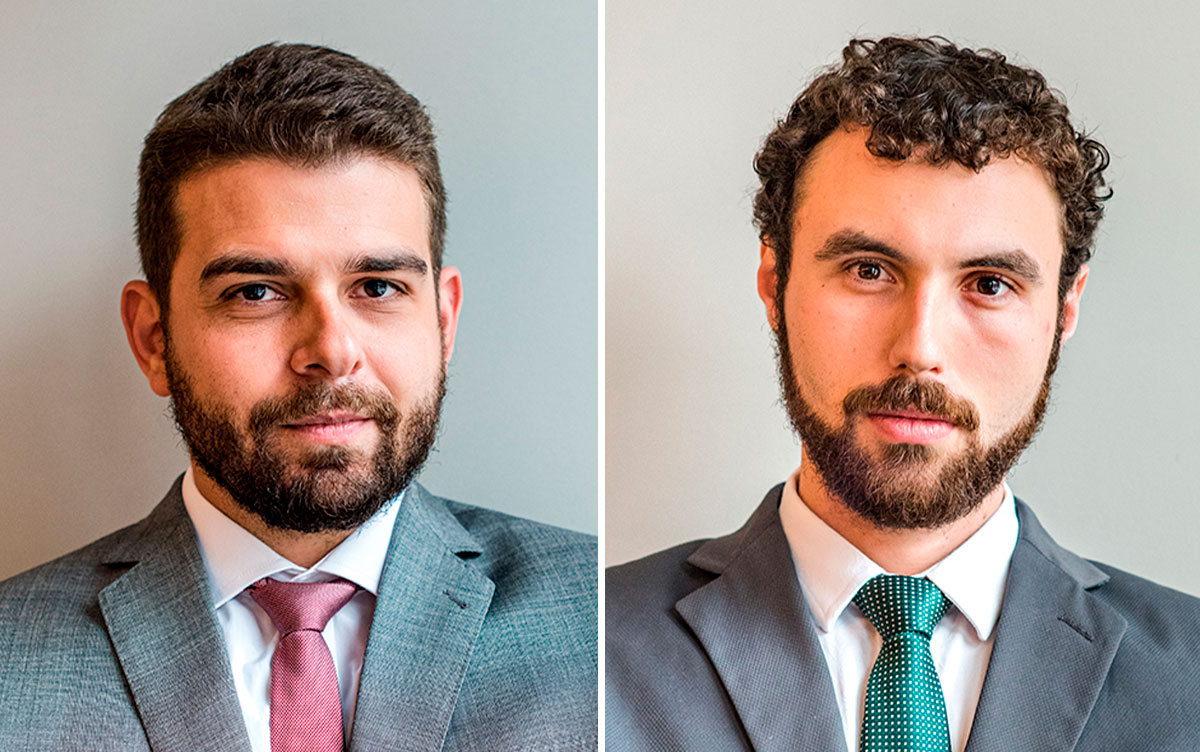The ongoing expansion of the Covid-19 pandemic has challenged governments to adopt vigorous and exceptional measures to slow the spread of the disease. As the crisis affects various aspects of our reality—such as health, the economy, social interaction, and the environment—the impact of intervention and regulatory measures on different fields of law becomes more intense.
In Brazil, public authorities have adopted measures to restrict movement and gatherings, including encouraging social distancing and quarantine. However, these measures are not always followed, leading to reports of violations. Such breaches demand administrative and criminal sanctions, with increasing calls for action by authorities responsible for investigation and prosecution.
To contribute to a rational application of punitive power during the pandemic, we present brief considerations on the potential configuration of criminal offenses related to recent events, particularly those outlined in Articles 131, 132, 267, and 268 of the Penal Code.
Specific Crimes
In this context, the conduct of “acting to transmit a serious disease with which one is infected, through acts capable of causing contagion,” constitutes the offense of “Endangering Others with a Serious Disease” (Article 131), punishable by one to four years of imprisonment.
First, although scientific studies on the subject are still incipient, there appears to be no obstacle to categorizing Covid-19 as a “serious disease” due to its high transmissibility and significant mortality rates—especially among individuals with pre-existing conditions or advanced age. The offense requires that the perpetrator knowingly be infected and act deliberately to transmit the disease. Since this offense demands specific intent, only direct intent is punishable [1].
This is a crime of free execution. For example, if an infected person knowingly handles or expels saliva on an object and shares it or engages in physical contact with the intent to transmit the disease, the crime is configured, regardless of whether others are actually infected. Transmission, in such cases, is merely a consequence of the crime [2].
If the perpetrator acts with the intention of causing the victim’s death, such as by targeting a vulnerable individual, the crime is classified as intentional homicide, whether attempted or completed, depending on the outcome [3].
Article 132 of the Penal Code criminalizes conduct that “exposes the life or health of others to direct and imminent danger,” with penalties of three months to one year in prison, provided that the act does not constitute a more serious offense. This is a subsidiary crime under the jurisdiction of Special Criminal Courts (Articles 60 and 61 of Law 9.099/95).
Even if the perpetrator does not intend to transmit the disease, their actions may fall under this provision if they knowingly expose others to risk. For instance, an individual who knows they are infected with Covid-19 and ventures into public spaces without protective equipment, deliberately joins crowds, or participates in public demonstrations, may be charged under this article. Actual contagion is irrelevant, as this is a formal crime of endangerment [4].
A more complex issue arises in cases where infected individuals lack formal employment and must work to survive. In such situations, determining criminal liability requires careful consideration of the “imminent danger” required to invoke a state of necessity. The legal consequences should differ for a person in extreme poverty seeking sustenance versus a middle-class individual working to supplement family income. The emergency financial aid established by Law 13.982/2020 may also impact the evaluation of necessity.
As this crime is subsidiary, if exposure results in actual contagion, the applicable offense becomes that of Article 129, § 6°, describing negligent bodily harm due to an injury to another’s health.
Article 267 of the Penal Code defines the offense of “causing an epidemic through the dissemination of pathogens,” punishable by 10 to 15 years of imprisonment.
This offense appears to have little practical applicability today. Its configuration requires the perpetrator to deliberately spread the disease to an indeterminate number of people, achieving the intended result [5]. This scenario seems implausible in light of widespread community transmission across Brazil.
Among the mentioned offenses, the most practically applicable appears to be the one described in Article 268: “Violating a public health regulation intended to prevent the introduction or spread of contagious disease,” punishable by one month to one year in prison—placing it under the jurisdiction of Special Criminal Courts.
At first glance, this offense seems straightforward, requiring only the violation of public health mandates, such as social distancing measures. However, applying this provision requires caution, as it is an open-ended penal norm. A thorough understanding requires strict adherence to the administrative and health regulations that supplement it.
Thus, any formal criminal charges under this provision must explicitly cite the violated regulation. General violations of a declared state of emergency or calamity are insufficient; the specific ordinance violated must be identified.
To identify the regulation complementing Article 268 during the current crisis, it is essential to note that Article 3, § 7 of Law 13.979 of February 6, 2020, allows state and municipal health authorities, authorized by the Ministry of Health, to adopt measures such as isolation and quarantine. However, no federal decree has imposed nationwide quarantine or isolation measures.
The lack of federal mandates complicates the enforcement of Article 268. Although Nelson Hungria suggested that “public authority determinations” could originate from municipal or state officials [9], the principles of legality and federal jurisdiction over criminal law imply that only federal laws and regulations can supplement this offense [10].
Differing local regulations create legal uncertainty. For instance, a behavior criminalized in one municipality may not constitute an offense in a neighboring jurisdiction lacking similar regulations. Examples of such inconsistencies have already arisen, as seen in cases from Rio de Janeiro and Rio Grande do Norte involving public gatherings.

